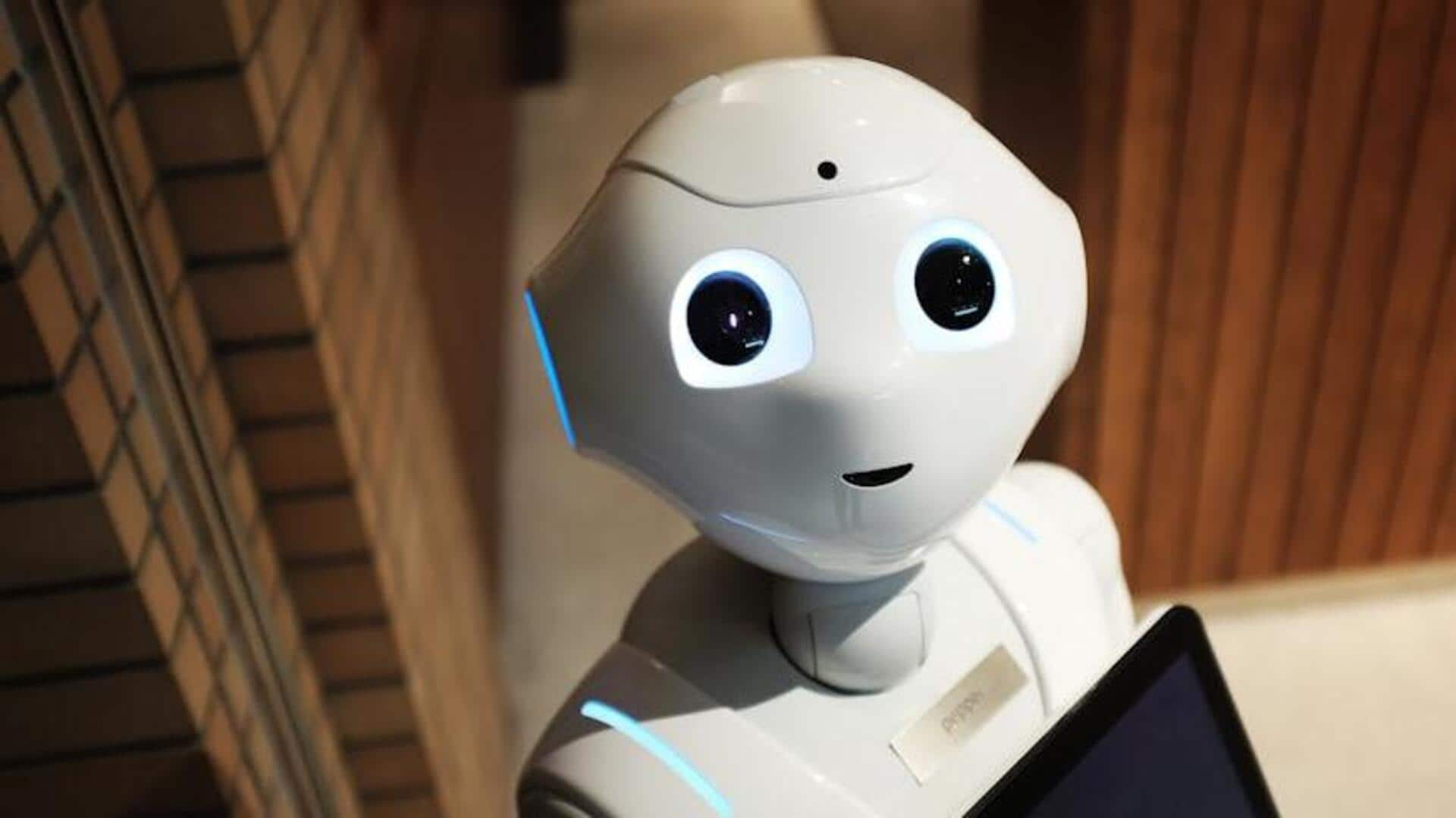
How MIT is pioneering robotics programs around the world
What's the story
The Massachusetts Institute of Technology is a beacon in the realm of science and technology, with its robotics programs particularly standing out. These programs are leading the charge in research and education, significantly influencing the development of automation, artificial intelligence, and machine learning. As a result, MIT is instrumental in shaping the technological landscape of the future.
Courses
Cultivating robotic innovators
MIT offers a comprehensive educational pathway for aspiring roboticists. Starting with undergraduate courses in mechanical engineering, computer science, and electrical engineering, students gain foundational knowledge crucial for robotics. Graduate programs provide specialized training, focusing on areas like artificial intelligence, autonomous systems and human-robot interaction. These programs are designed to equip students with the skills necessary to lead in the rapidly evolving field of robotics.
Research
Research that defines the future
MIT's robotics labs are renowned for groundbreaking research. The Computer Science and Artificial Intelligence Laboratory, or CSAIL, is one such hub where robots learn to interact with their environment in nuanced ways. From robots that can cook and clean to those designed for complex surgical procedures or deep-sea exploration, MIT's projects often make headlines for their innovative contributions to science and industry.
Collabs
Collaborations that foster innovation
Collaboration is essential in robotics, and MIT stands out by forming partnerships with industry giants and academic institutions across the globe. These alliances offer students invaluable real-world experience and drive progress through the exchange of knowledge and resources. Such collaborative efforts ensure that MIT's robotics programs stay at the forefront of innovation, while also building a worldwide network committed to technological advancement.
Methodology
Bridging theory and practice
At MIT, the robotics curriculum is enhanced by practical experience. Students engage with cutting-edge labs, working directly with advanced robots. They test and refine algorithms, and apply their designs to real-world situations. This blend of theory and hands-on practice ensures that MIT graduates are well-prepared to apply their knowledge effectively in industry settings. This is bridging the gap between academia and practical application.